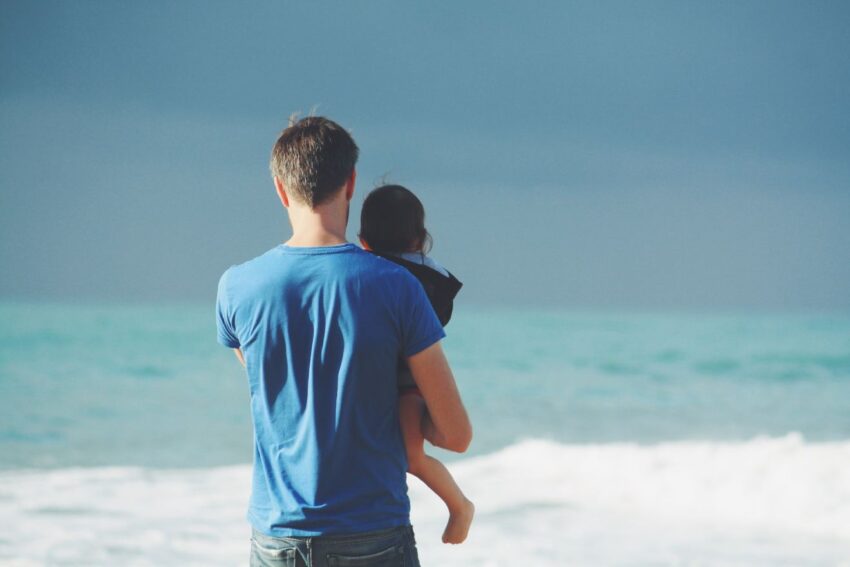In the realm of family law, the term “custodial parent” is frequently used. But what does it mean? Read this thorough explanation of the custodial parent definition, rights, obligations, and more, that also touches upon the role of the non-custodial parent.
Definition
The term “custodial parent” refers to the individual with whom a child primarily resides. This parent usually assumes responsibility for the child’s day-to-day care, including their physical and emotional needs.
Being the custodial parent doesn’t necessarily mean they have absolute authority over the child. The non-custodial parent, despite spending less than 50% of the time with the child, still retains certain rights and responsibilities.
Parental Custody Types
Custody isn’t a monolithic concept. It is typically divided into two significant categories: physical custody and legal custody. For further explanation, read the differences between legal and physical custody.
Physical Custody
Physical custody pertains to the child’s living arrangements. The parent with physical custody provides the child’s primary residence. In cases of joint physical custody, both parents share the child’s living arrangements. Conversely, in cases of sole physical custody, the child resides primarily or exclusively with one parent.
Legal Custody
Legal custody, on the other hand, involves decision-making authority over significant aspects of the child’s life, including their healthcare, education, and welfare. Joint legal custody allows both parents to participate in these decisions, while sole legal custody grants this authority to only one parent.
Rights and Responsibilities of a Custodial Parent
The rights and responsibilities of a custodial parent revolve around the child’s welfare and vary based on the division of legal and physical custody.
Sole Physical and Legal Custody
In instances where one parent has both sole physical and legal custody, this parent holds complete authority and responsibility for the child’s welfare. They can make all decisions regarding the child’s education, health, and overall well-being without consulting the non-custodial parent, unless there’s a court order stating otherwise.
Shared Physical and Legal Custody
When the court grants shared physical and joint legal custody, the custodial parent’s responsibilities differ. Both parents share decision-making authority in this case, with the custodial parent managing daily logistics, and the non-custodial parent having an equal say in decisions related to school attendance, medical choices, and religious upbringing.
Child Custody Acquisition
It’s essential to remember that divorce dissolves a marriage, not the parental relationship. Parents retain the right and responsibility to care for their child, irrespective of their marital status.
Ideally, parents should agree on a custody arrangement and present it to the court. If they fail to agree, the court will make the decision, taking into consideration the child’s best interest.
Factors Considered by the Court
The court takes several factors into account when determining physical custody, including:
- Health and safety of the child
- Child’s age and stage of development
- Each parent’s capacity to meet the child’s needs
- Mental and physical health of both parents
- Amount of contact each parent has with the child
- Any history of domestic violence, abuse, habitual drug, or alcohol abuse
- Each parent’s ability to cooperate and make joint decisions
- Child’s preferences, if they are old enough to express them
In exceptional cases, the court might grant sole physical custody to one parent, if it deems it in the child’s best interest.
Responsibilities of a Non-Custodial Parent
Even though a non-custodial parent physically spends less time with the child, they still bear significant responsibilities. These responsibilities include sharing decision-making authority (legal custody) and spending time with the child through visitation rights.
Legal Custody
Unless their rights are legally terminated, non-custodial parents maintain several rights including participation in their child’s upbringing decisions. This includes decisions related to education, healthcare, and religious beliefs.
Visitation
Visitation rights allow a non-custodial parent to maintain contact with their child. This includes not only physical visitation but also phone calls, texts, and video calls.
Custodial Parent’s Rights and Duties
When the child is physically with a parent, that parent is responsible for providing food, clothing, and shelter, ensuring the child attends school and medical appointments, facilitating court-ordered visitation, providing transportation for the child’s activities, and any other responsibilities ordered by the court.
Knowing what a custodial parent is can help parents navigate their rights and responsibilities after a divorce. The child’s welfare should always be the primary concern, regardless of the custody arrangement. Cooperation between parents can significantly contribute to a healthier and happier upbringing for the child.
Whether you’re a custodial or non-custodial parent, it’s essential to be aware of your rights and responsibilities. If you need further clarification or assistance, consider consulting a qualified family law attorney.

